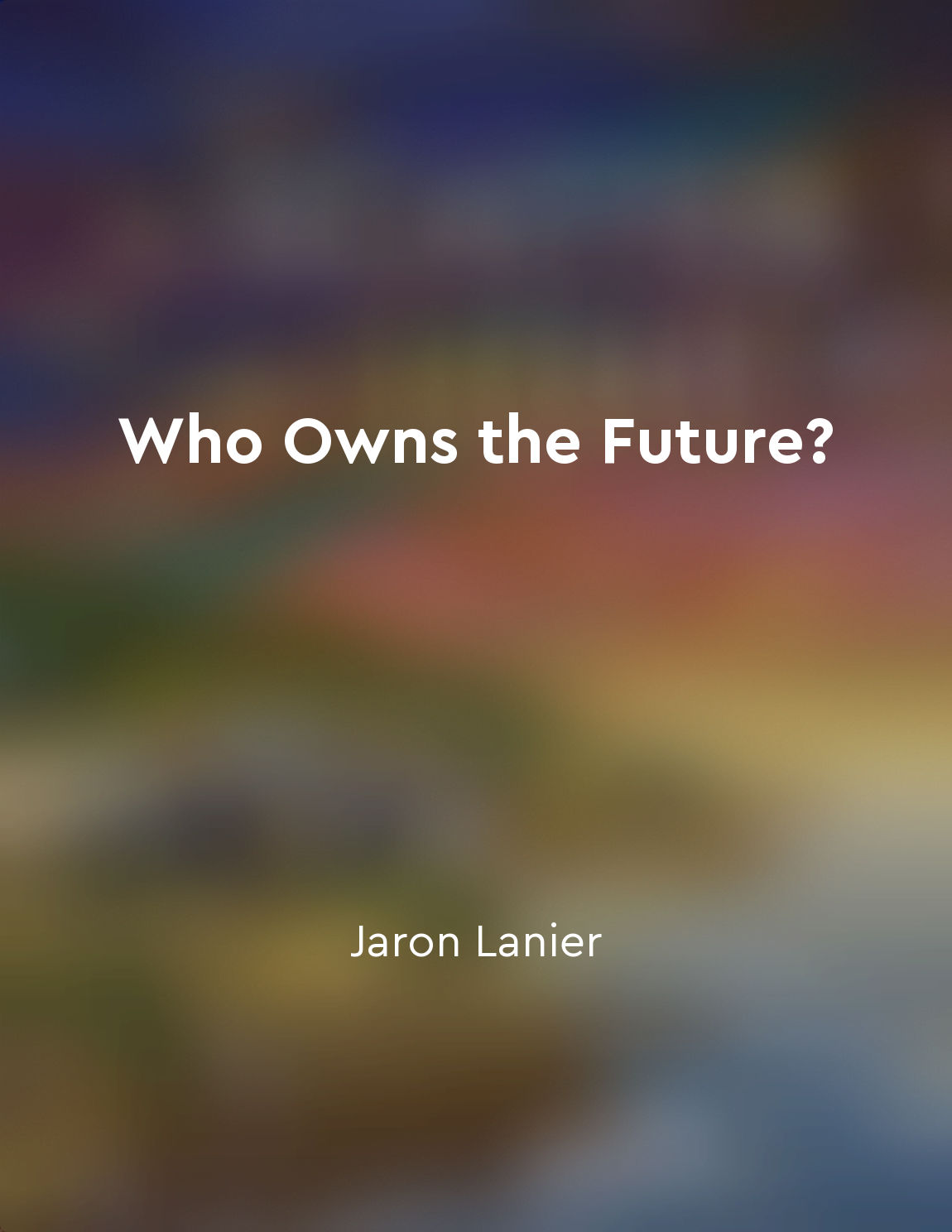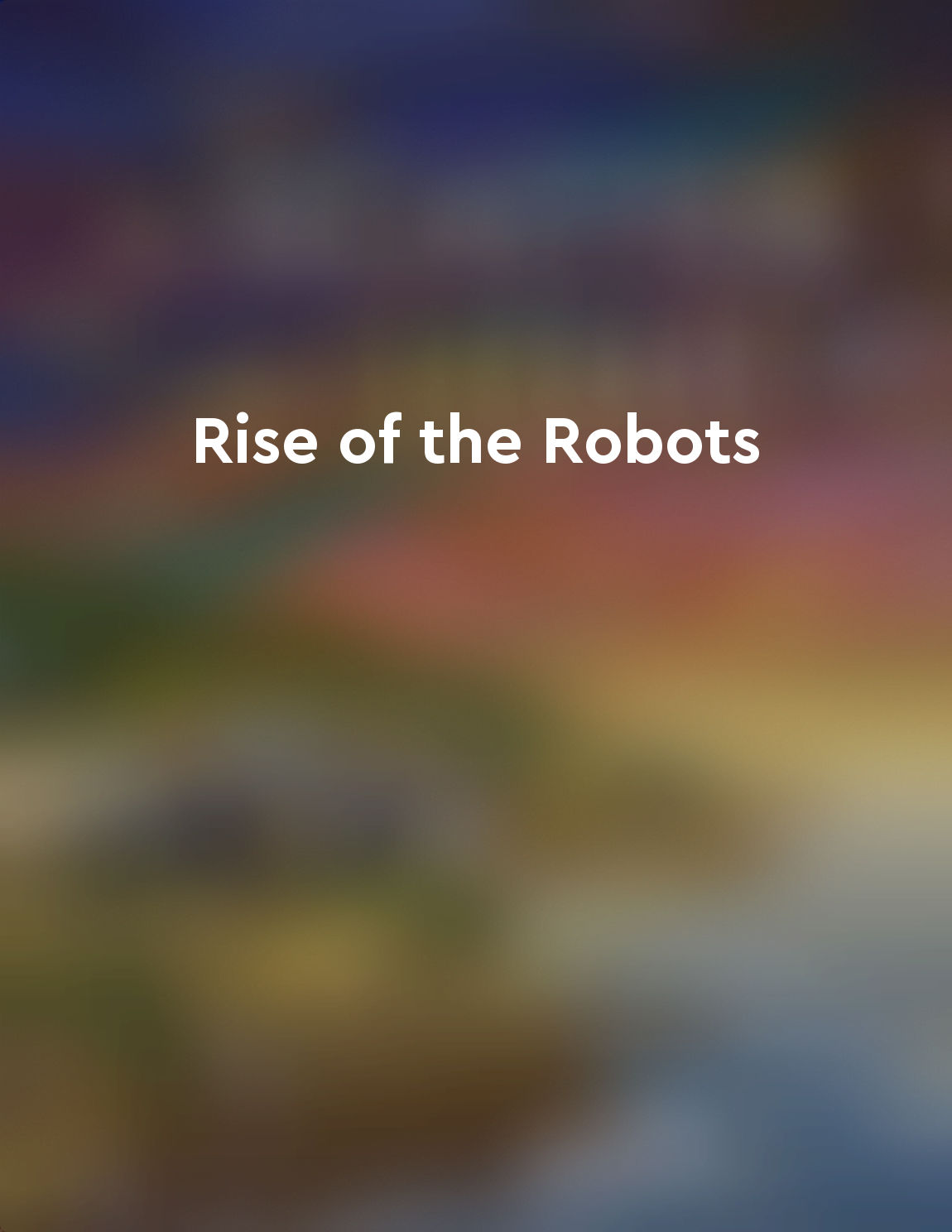The rise of the gig economy is changing work patterns from "summary" of The Industries of the Future by Alec Ross
The transformation of work in the digital age is undeniable. Traditional employment models are being disrupted by the rise of the gig economy, where individuals are increasingly turning to short-term, freelance work rather than traditional full-time jobs. This shift is fundamentally changing the way people work, altering work patterns and challenging conventional notions of employment. The gig economy is characterized by its flexibility and autonomy, allowing workers to choose when, where, and how much they want to work. This freedom is empowering for many individuals who value independence and control over their work schedule. However, it also comes with uncertainties and risks, such as unstable income and lack of benefits like healthcare and retirement plans. One of the key drivers of the gig economy is technology, which has enabled the rise of online platforms that connect workers with job opportunities. These platforms have made it easier for individuals to find work, but they have also introduced new challenges, such as increased competition and lack of job security. As a result, many workers in the gig economy are constantly on the lookout for new opportunities and must adapt quickly to changing market demands. The gig economy is also reshaping traditional industries and challenging existing regulatory frameworks. Companies are increasingly relying on gig workers to fill temporary staffing needs, leading to a more fluid and dynamic labor market. This shift has significant implications for workers, businesses, and policymakers alike, as they grapple with the implications of this new way of working.- The rise of the gig economy is transforming work patterns in ways that were previously unimaginable. While it offers new opportunities for flexibility and autonomy, it also presents challenges in terms of stability and security. As the gig economy continues to grow and evolve, it is essential for individuals, businesses, and governments to adapt to this new reality and find ways to ensure that workers are protected and supported in this changing landscape.
Similar Posts
Automation is increasing efficiency
The process of automation plays a crucial role in driving efficiency in various industries. By automating tasks that were previ...
The relationship between labour laws and economic development is examined
Labour laws play a crucial role in shaping the economic development of a country. The relationship between labour laws and econ...

Decentralized systems can empower individuals and distribute wealth more equitably
In the digital age, the promise of decentralized systems lies in their potential to shift power away from large corporations an...
The industrial revolution revolutionized work
The industrial revolution was a seismic shift in the way work was done. It transformed societies, economies, and the very natur...

They are transforming industries and revolutionizing the workforce
The impact of automation and artificial intelligence on industries and the workforce is profound. As these technologies continu...
Organizations must adapt quickly to stay competitive
The pace of technological change is accelerating at an unprecedented rate, forcing organizations to constantly evolve in order ...
Reskilling and upskilling are imperative for displaced workers
As technology continues to advance at a rapid pace, many workers find themselves displaced by machines and automation. The skil...

